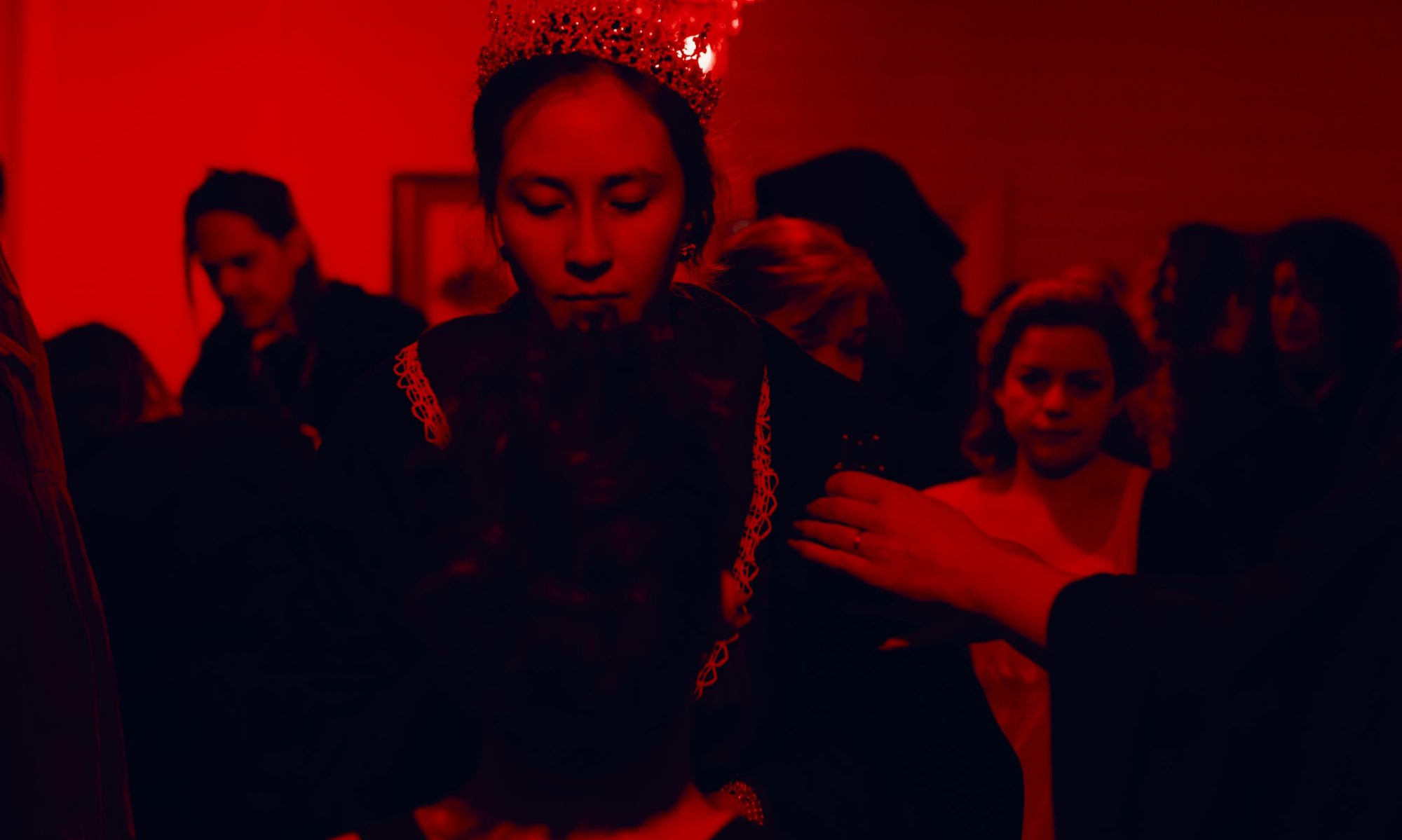The Russian Empire is by far the largest country in the world. It takes at least ten days to travel from one end to the other by train. St. Petersburg is its largest city, with a population of 2.5 million.
Around 85 per cent of the Russian people live in the countryside, and earn their living from agriculture. The nobility owns the best land, and the majority of peasants live in extreme poverty.
There are about 1.8 million members of the nobility in Russia and about 2.5 million industrial workers.
The aristocracy live (sometimes beyond their income) in luxurious townhouses, and on magnificent country estates. Some work in the state bureaucracy and the army. Others are mere playboys. They can entertain themselves with shopping, balls, world-class art, ballet, opera, and classical concerts at illustrious performance halls.
The rest of the upper class is made up of landowning nobles, wealthy merchants and high-ranking members of the Orthodox Church, civil service and military.
Many civil servants are poorly paid, resulting in widespread bribery.
Okhrana, the secret police, has a vital role in identifying and spying on enemies.The army is an important part of the autocracy. Senior officers are often from nobility; many of the ordinary soldiers are peasants, who are poorly trained and poorly paid.
Conditions in Russian factories are well below those enjoyed by industrial workers in Europe. They work, on average, 11 hours a day, six days a week. Conditions in the factories are extremely harsh and little concern is shown for the workers’ health and safety. The rapid growth of the city is characterized by a belated and slow development of public transport, making it necessary for workers to live close to their place of work, in conditions of appalling overcrowding, squalor, and lack of sanitation. All public services, including the water supply, are inadequate. Outbreaks of serious epidemics are commonplace.
St Petersburg is also the Romanovs’ showcase capital, and Russia’s first great, modern city. Who wouldn’t love cruising along the elegant canals, crossing one of the 342 bridges in the city, or just watching them being raised over the mighty Neva River on summer nights, while they allow ships to pass through?
The White Nights of the summer are legendary. The northern sun barely dips below the horizon. The parks and gardens are green with flowering trees. Walking around the centre will reveal canals lined by Italianate mansions, and broken up by striking plazas adorned with baroque and neoclassical palaces.
Points of Discussion
- Class society – why is it necessary/horrible?
- Rumors, affairs, who wore what at the ball?
- Some people are of the opinion that compared to Western Europe, the Russian Empire is politically, economically and socially backwards. There is little industry, and the vast majority of the population are peasant farmers who work in an agricultural system that has changed little since the Middle Ages. Most of the population are illiterate. What does your character think?
- Is your character proud of St Petersburg? When they think of it, does their mind go to its beautiful parks and palaces, or to the cramp and squalor that go hand in hand with them?
- Russia is changing, but is the change for the best? Are the conditions in the factories the first, necessary step on the road to a bright future, or a sign of the country’s moral and cultural decline?
- What does your character believe is the best path for the future of Russia?
